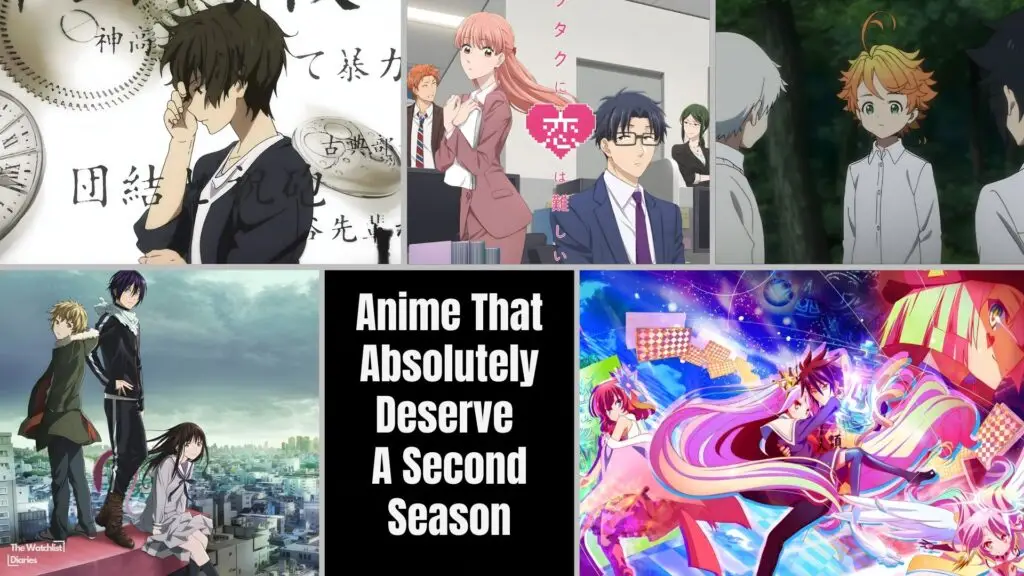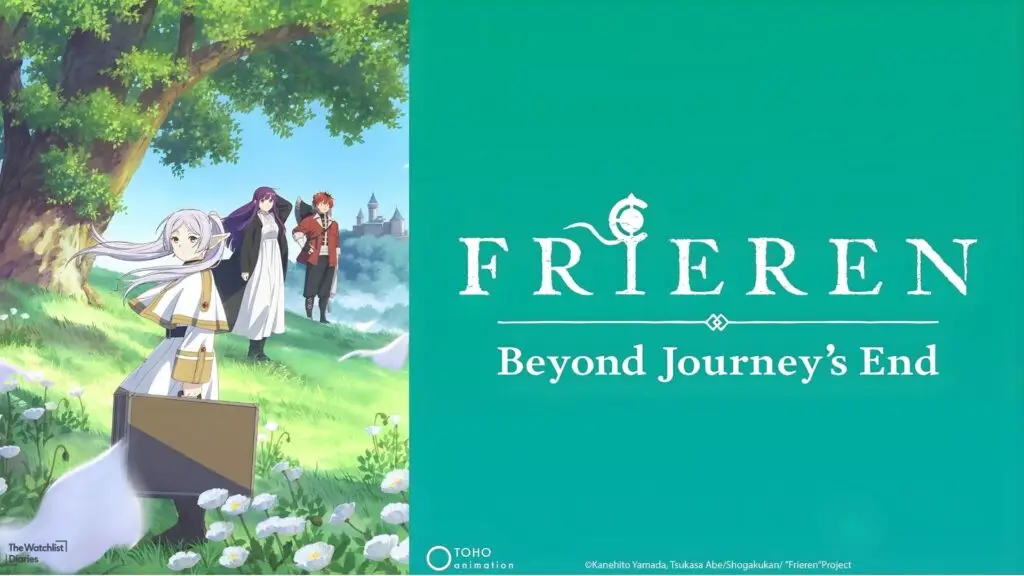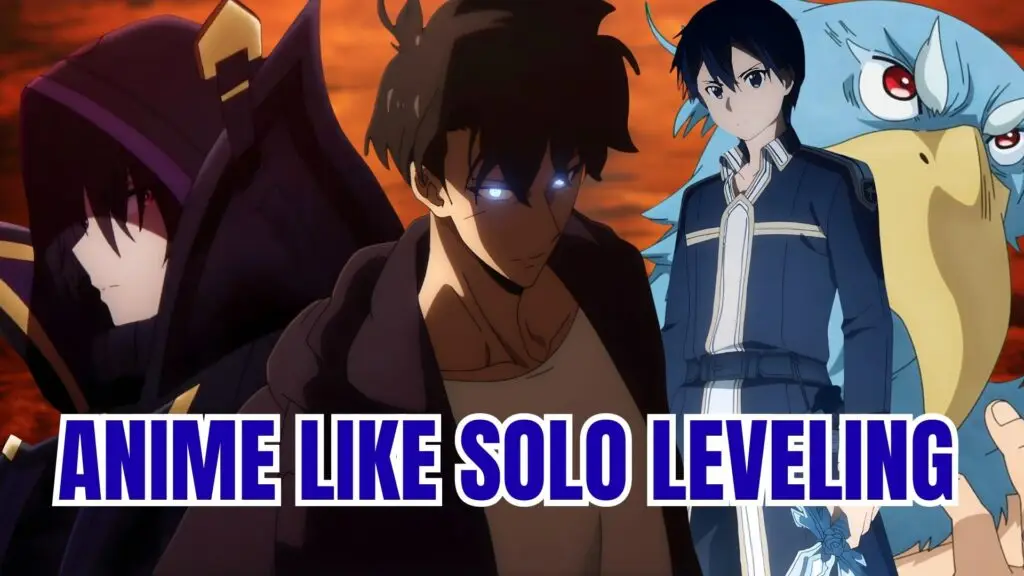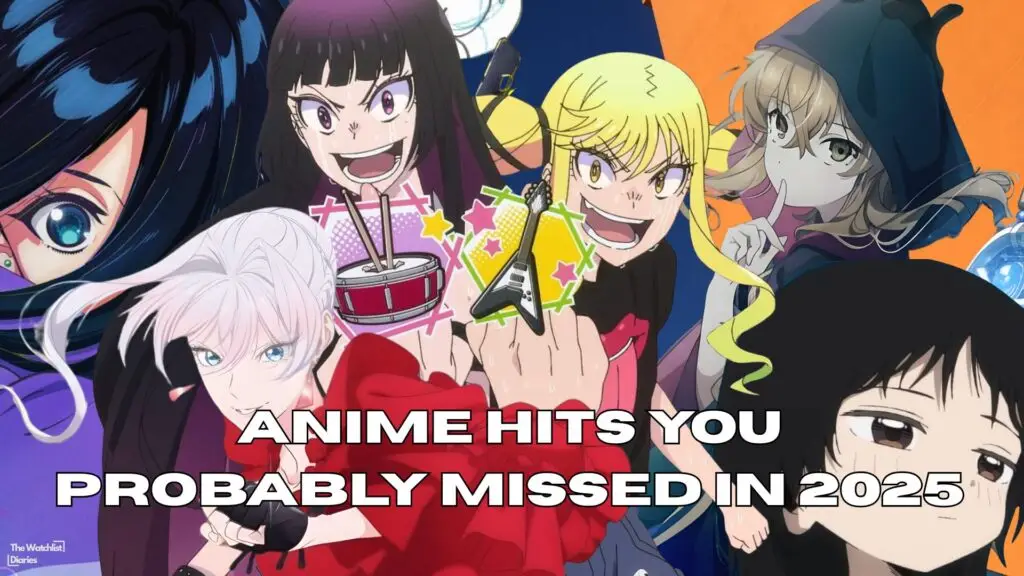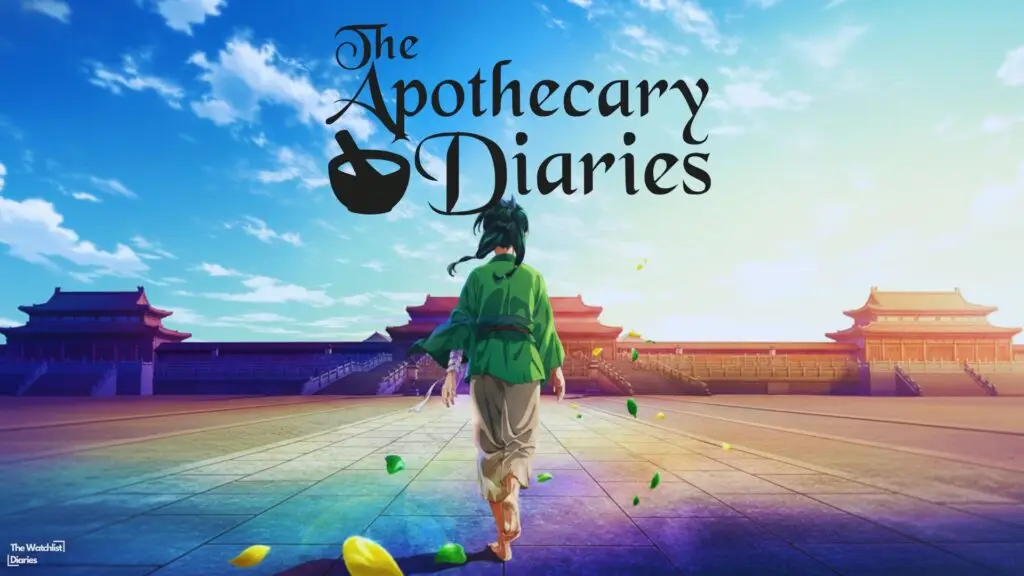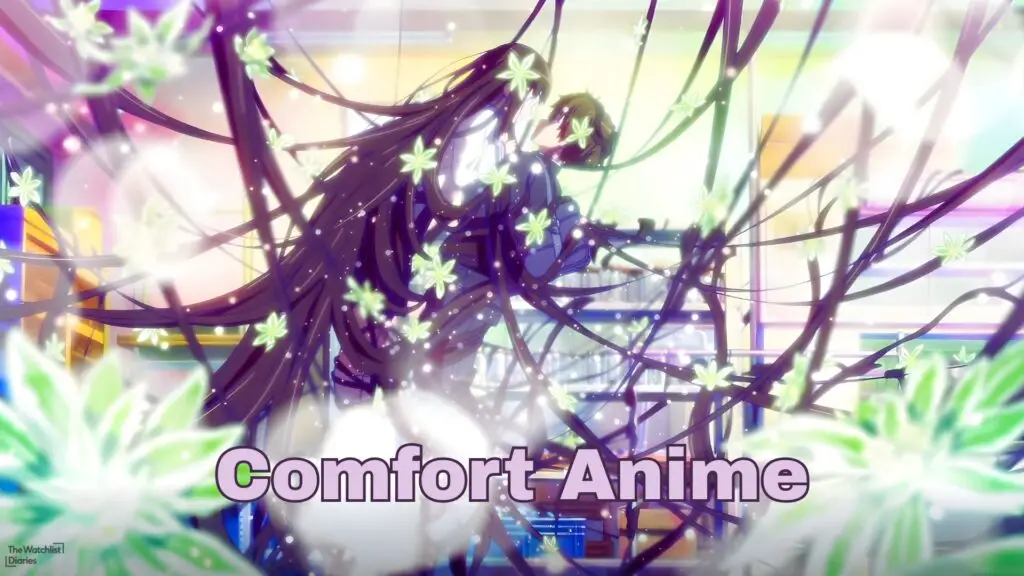Orb: On the Movements of the Earth – The Anime You Probably Slept On
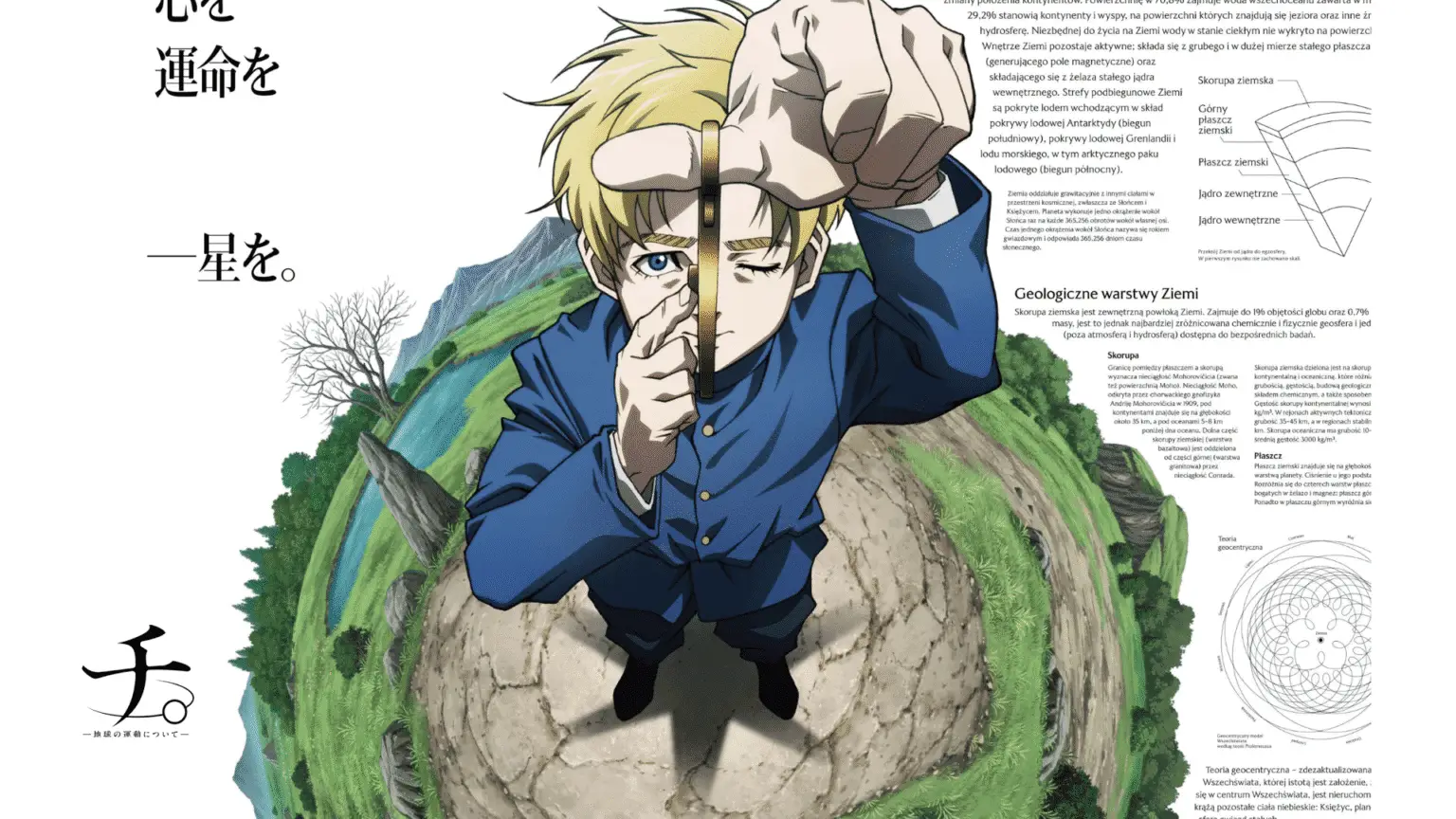
Unless you’re deep into anime, you might’ve missed Orb On the Movements of the Earth, one of 2024’s most underseen shows. It kind of got lost in the noise – between the hype around Dan Da Dan, Blue Lock‘s chaotic Season 2, Re:Zero’s brilliant return, and Bleach TYBW doing Bleach things (again).
But if you haven’t watched Orb, this one deserves a spot on your watchlist. Here’s why.
What is Orb: On the Movements of the Earth About?
Set in 15th-century Europe, the show drops you into a time where researching heliocentrism was considered heresy. The Church preached that Earth was the center of the universe – and to say otherwise was seen as an offense against God. Blasphemy, punishable by death.
The story follows a string of characters, all bound by their love for the night sky and the pursuit of truth. Their mission: to understand and prove that the Earth revolves around the Sun.
It’s not a typical anime with one central hero. There’s no chosen one. No black-and-white morality. Rafal may seem like the protagonist, but the show quickly challenges that idea. Even the Church, positioned as the oppressive force, isn’t monolithic – there are people within it with doubts, pride, fear, and even curiosity.
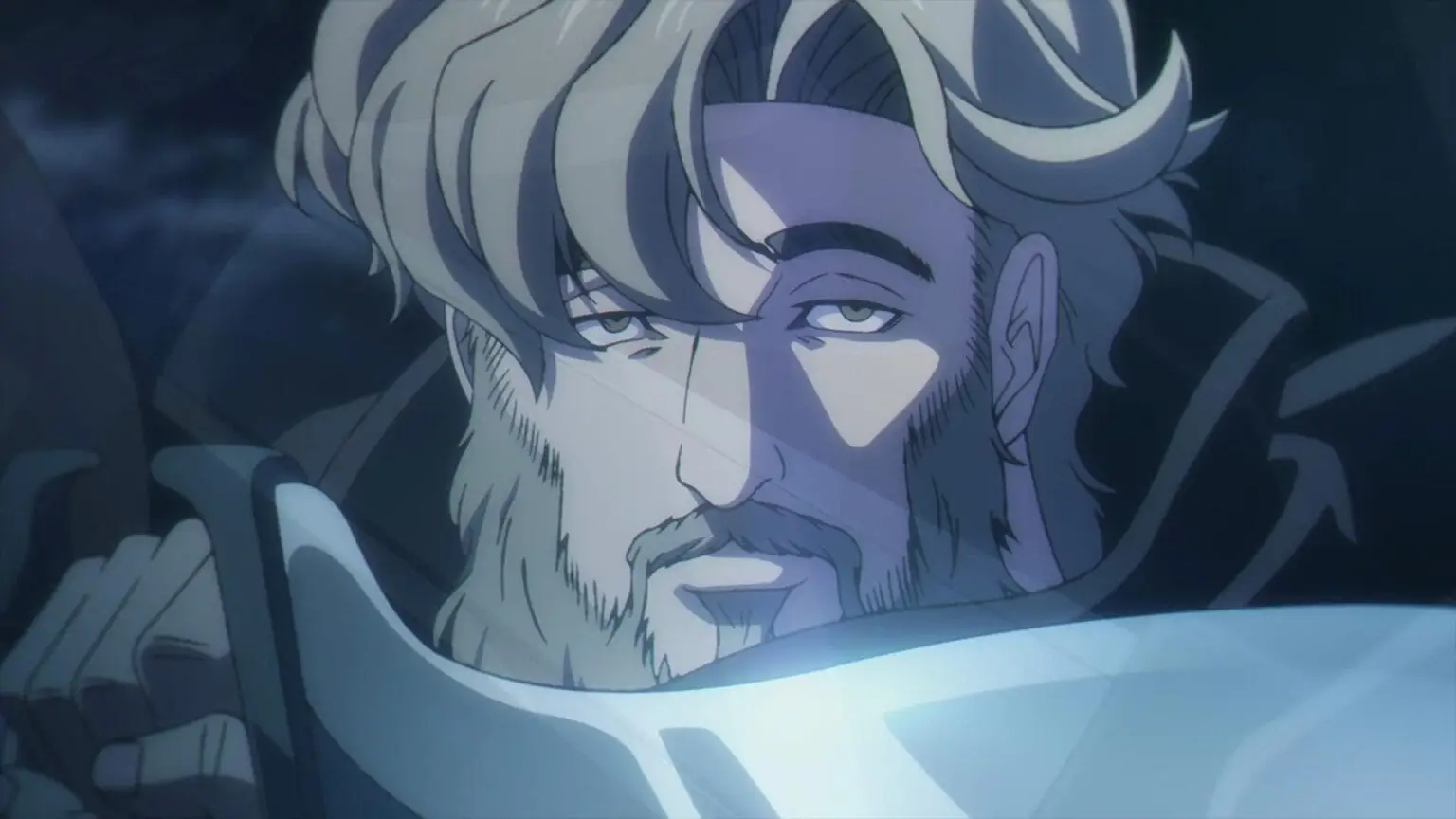
A Philosophical Story in Historical Clothing
The anime doesn’t hand you a simple narrative. It’s deeply metaphorical and often feels more like a philosophical exercise than a linear plot. But that’s what makes it compelling.
It raises questions about:
- The cost of progress
- The danger and beauty of conviction
- Whether ideas are more powerful than individuals
The core message? An idea doesn’t die with a person. It passes from mind to mind, defying time – especially when that idea touches on the fundamental need to understand our place in the universe.
A Tribute to Science (and the People History Forgot)
If you’re someone who’s into science or just fascinated by the sky, this anime hits different.
Orb reminds us that scientific truth doesn’t arrive in a flash – it’s a generational struggle. And the people who made that journey? Most of them never became famous. Some were forgotten. Some died trying to get the truth out.
It’s a strong commentary on where we are today too. In a world where some still peddle flat Earth theories, Orb reminds us how long and bloody the road to basic astronomical truth actually was. The scientific community is a collective effort – messy, slow, and full of unsung heroes.
One line in the show sticks out: “Being wrong is not meaningless.” It reframes failure not as shame, but as part of progress. That says a lot – about scientists, about doubt, and about the message Orb wants to leave behind.
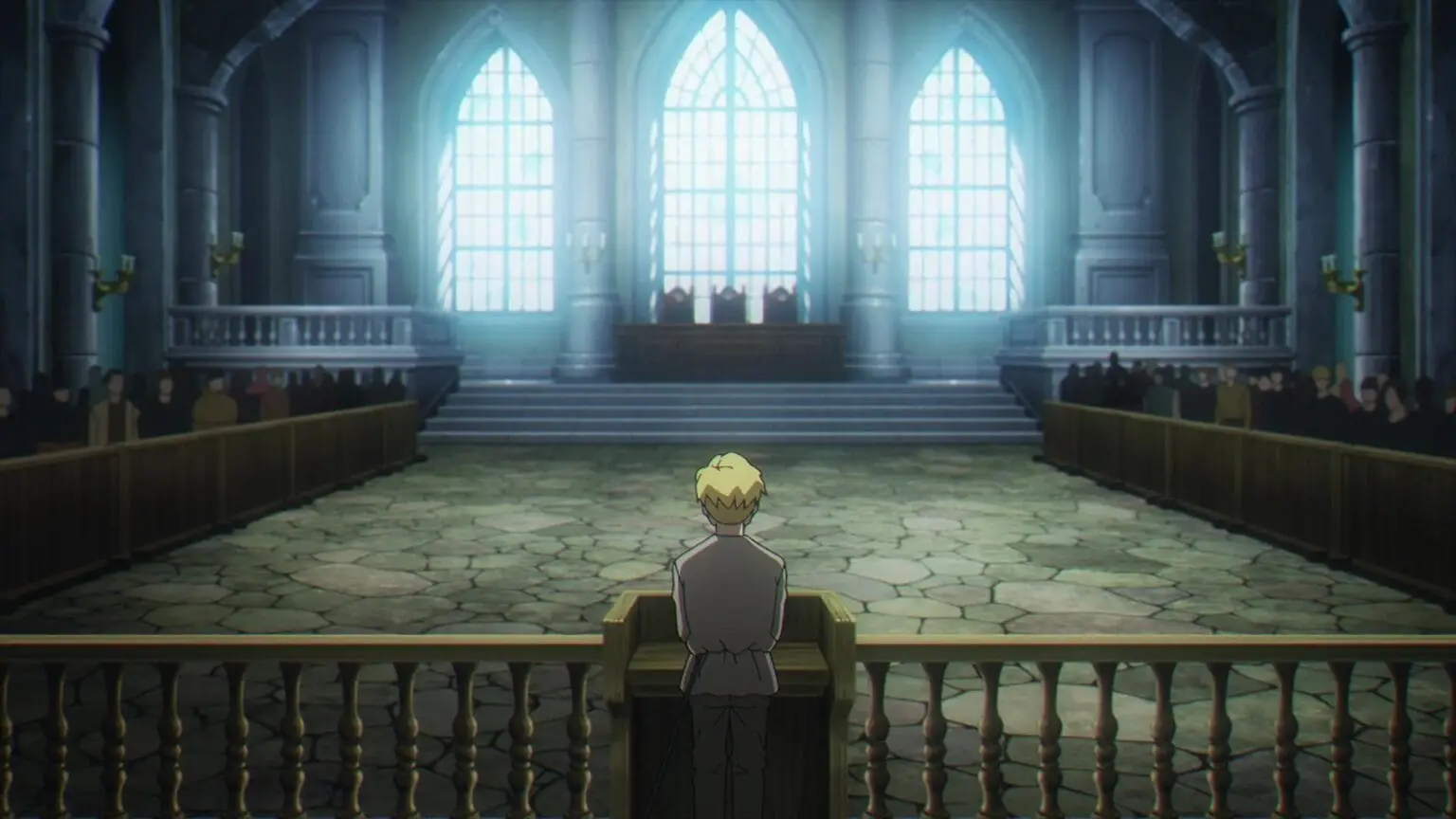
About That Ending...
Here’s where things get… weird.
In the last two episodes, the story pivots to a new protagonist, new timeline, new vibe. It’s jarring. Is it an alternate universe? A parallel narrative? A metaphor? The anime doesn’t explain – which makes it bold or lazy, depending on how charitable you’re feeling.
The point seems to be: Science can liberate… or radicalize. Passion can uplift, or destroy. All true. But did it land well? Personally, I felt the final message was important – just buried under abstract writing.
Also: that letter from Jolanta? Arriving at the end made no emotional sense. It would’ve been brilliant at the start. But hey, maybe I’m missing the art. Maybe it’s supposed to be ambiguous.
Or maybe they just got too artsy for their own good.
Still, the show’s trying to say something important: that truth, no matter how dangerous or radical, will always find a way back.
Visually Speaking? Stunning.
One of the highlights of Orb: On the Movements of the Earth is the animation. The night sky is jaw-droppingly beautiful – not just once, but consistently. You can tell the animators cared about making the cosmos feel awe-inspiring and vast.
If you liked the visual moodiness of Vinland Saga (minus the fist fights), this will vibe with you – not action-packed, but rich with emotional and thematic weight.
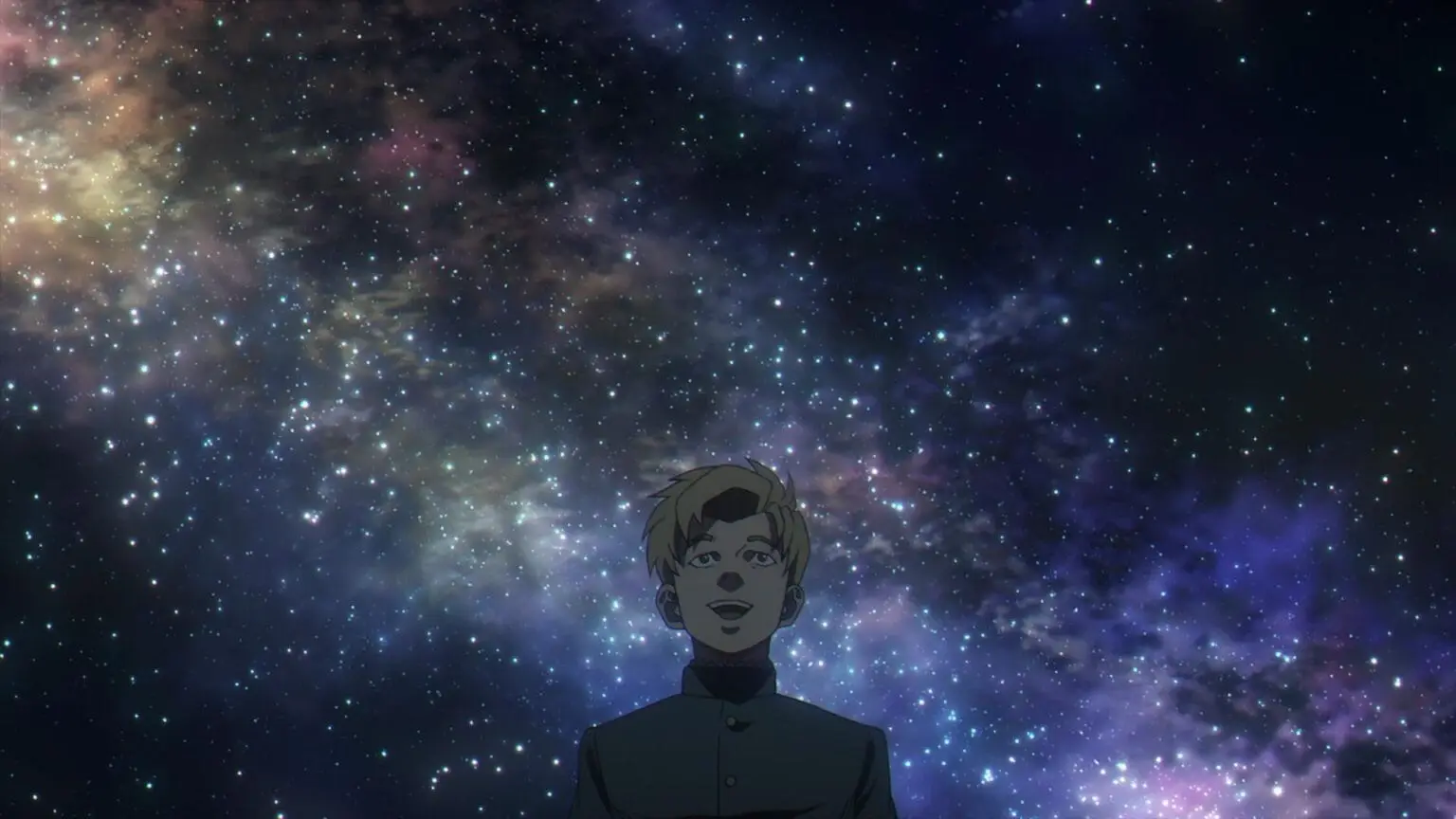
Final Thoughts
Orb isn’t for everyone. It’s slow. It’s talky. It asks a lot of its viewers. But if you’re into stories that treat science like poetry, and history like a battlefield of ideas, this is worth your time. If you love science, philosophy, or just anime that doesn’t spoon-feed you every idea watch this. If you think anime can be art – definitely watch this.
The ending might feel uneven. The narrative might test your patience. But the message it leaves behind – that ideas are unstoppable, even in the face of death – is something you’ll carry long after the credits roll.
Already seen it? What did you think? Was the ending brilliant, or just confusing as hell? Drop a comment and let’s talk about it.
You can check out more details on Orb: On the Movements of the Earth on MyAnimeList. And for click here for more Watchlist reviews and recommendations.

